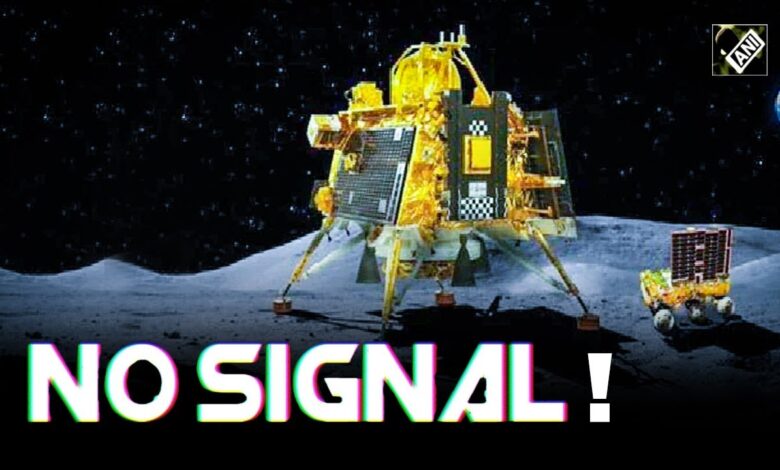ISRO has not yet detected a signal from Chandrayaan-3

The Chandrayaan-3 spacecraft and rover have not yet shown signs of awakening after the lunar night, but the Indian Space Research Organisation (ISRO) has not given up hope. It was stated that the signals could also become available Saturday evening.
“Efforts were made to establish communication with the Vikram spacecraft and Pragyan rover in order to determine their state of consciousness. No signals have been received from them as of yet. ISRO stated in a statement that it will continue its efforts to establish contact.
Chandrayaan-3’s Vikram lander and Pragyan rover, which landed on the Moon on August 23, had a mission life of only one lunar day, or about 14 days on Earth. This was due to the inability of the on-board instruments and electronics to withstand the extremely frigid lunar night, when temperatures plummet well below -200 degrees Celsius. Electronics not designed to withstand extreme temperatures typically become inoperable. The lunar day concluded during the first week of September.
However, ISRO had put the instruments to “sleep” a little early, turning off their operations and entirely charging their solar-powered batteries in the hope that they would survive the night and become operational again when sunlight returned. Wednesday marked the beginning of a new lunar day, but the lander and rover have not yet transmitted any indication that they have “awoken.”
There was never a certainty that the lander and rover would survive the lunar night. ISRO had stated that the likelihood was remote. In addition, even if the instruments “wake up” and exhibit signs of activity, they may not be completely functional. In any event, the majority of Chandrayaan-3’s scientific objectives have been met, and the instruments have already collected an abundance of valuable data.
Former ISRO chairman K Sivan wished for the lander and rover module to be “awakened.”
“The effectiveness of ISRO’s wake-up call is something we will have to observe… The mechanical systems, solar panels, and batteries do not have a problem (they do not fail in the weather), but the transmitters and receivers must have survived the freezing temperatures. If they have survived, we will have the ability to awaken them. If the systems are operational, the wake-up call will be fine,” he said in Vadodara, where he was the principal guest at ITM University’s convocation.
Sivan stated that Chandrayaan-3 was not the final mission.



